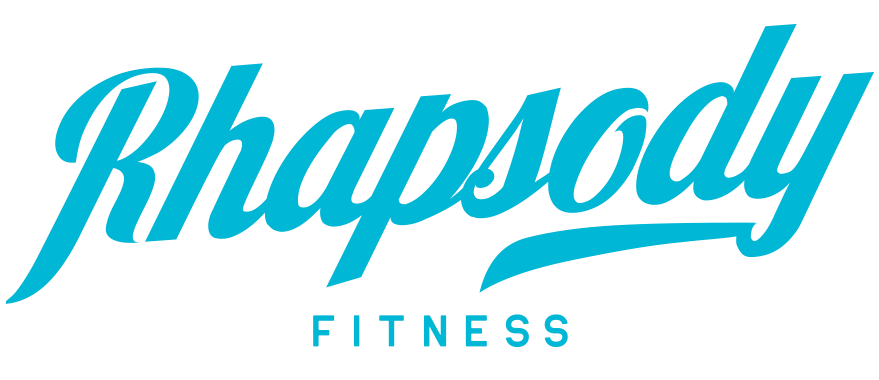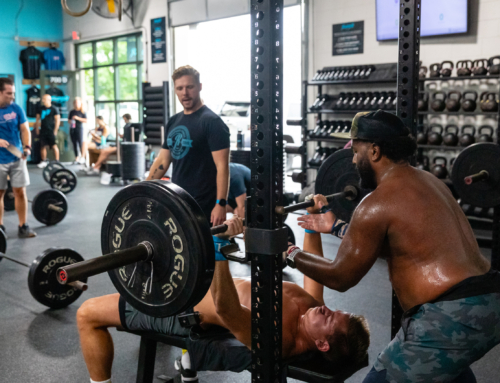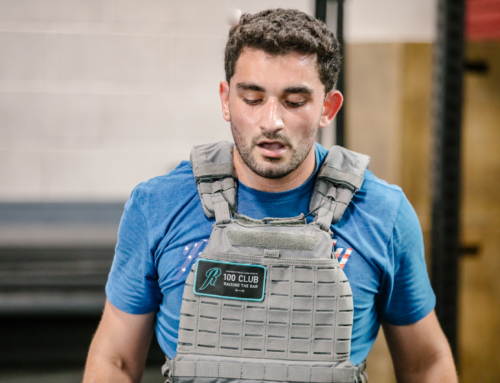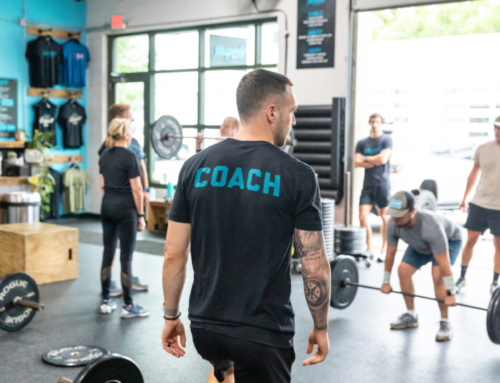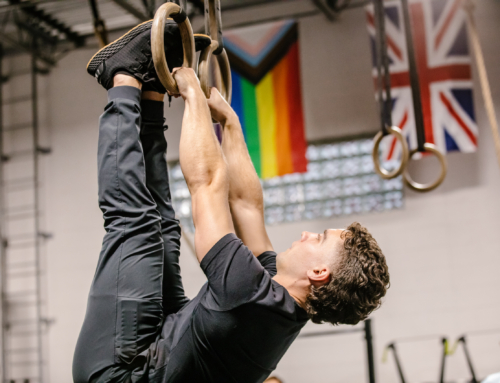 When you sign up for any group fitness option, it’s easy to assume that the person leading your workout is the best person for the job. But how do you know that you can trust this person with your health and fitness?
When you sign up for any group fitness option, it’s easy to assume that the person leading your workout is the best person for the job. But how do you know that you can trust this person with your health and fitness?
One way is to figure out if this person is a fitness instructor or a coach. So here are five key differences that can help you spot if you’re working with a fitness instructor or a coach:
1. Education and Training
A fitness instructor’s training tends to focus on one small area of fitness. They are trained to run fitness classes, choose the right music tempo and design classes 30 to 60 minutes at a time.
Coaches have a more broad education. They seek continuous training in a variety of areas, including fitness, nutrition, lifestyle, health and other related topics. This broader base of knowledge helps coaches support and guide their clients.
2. What They Say
If you listen to a fitness instructor, they will cue you as you go through a workout. And they’ll probably throw out a few “great jobs”.
On the other hand, if you listen to coaches, you’ll hear something different. And despite their broad education, they don’t see their job as bombarding you with a ton of knowledge and expect you to act accordingly. Instead, coaches tend to ask a lot of questions, and then they listen to you. Listening helps them figure out who you are, why you’re there and what you’re hoping to achieve.
3. How They Correct
A fitness instructor knows how to spot flaws and correct them on the fly. You might hear things like “head up” or “knees back”. And these short cues can help you with your form.
A coach is also trained to spot flaws and correct them. But they can take this process one step further and explain why or how it happened. Their coaching isn’t only in correcting the flaw; it’s in reducing the chance that it’ll keep happening in the future.
4. The Programming
Fitness instructors can design some pretty challenging workouts. If you show up expecting to sweat, they deliver. But depending on the class, the movements, intensity level and workout structure may follow the same pattern. Over time, the lack of programming can lead to injury, burnout, or overtraining.
A coach doesn’t plan your workouts on the fly. A coach will take a chunk of time and program workouts to make sure there is a proper amount of variety and recovery. Coaches consider how to scale workouts based on fitness level, and when to work in skill and technique so that you’re continually improving. There’s a method to the madness.
5. How They Motivate
Fitness instructors are there to motivate you in the moment. Sometimes what they say will inspire you to push a little harder, and sometimes their words go in one ear and out the other. If your primary goal is to PR your back squat, you probably won’t get much out of someone who tries to motivate you by calling out how many calories you’re burning.
Motivation has to be relevant. A coach understands what will motivate you because they know your goals. By recognizing what you’re working toward – a coach knows what to focus on and motivates accordingly.
As you can see, a fitness instructor will probably take you through a decent workout. But if you’re looking to step it up, make sure you’re working with a coach.
The Rhapsody Fitness coaching staff is ready to help you raise the bar on your health and fitness. Get started today with a free trial.
